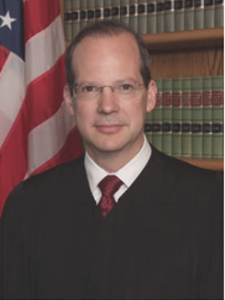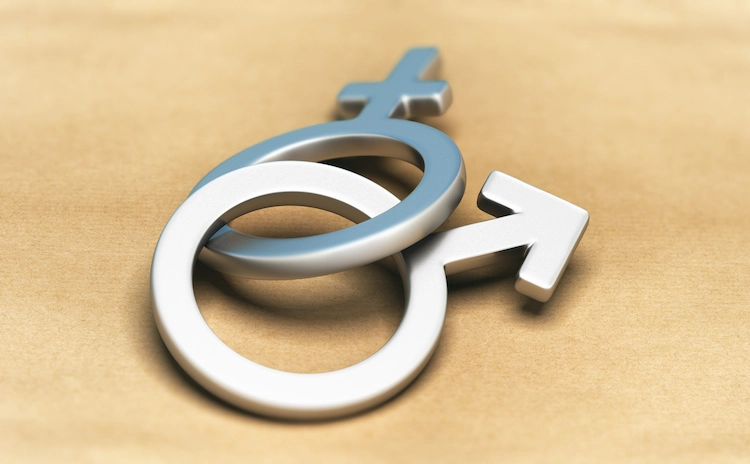
Stuart Rabner currently serves as Chief Justice of the New Jersey Supreme Court. He joined the Court in 2007 and is currently the state’s longest-serving chief justice.
Early Life
Stuart Rabner was born on June 30, 1960, and grew up in Passaic, New Jersey. He graduated summa cum laude from the School of Public and International Affairs at Princeton University in 1982. Three years later, he graduated cum laude from Harvard Law School. Chief Justice Rabner married Dr. Deborah Ann Wiener in 1989, and the couple has three children.
Legal Career
Rabner started his legal career as a judicial law clerk to Judge Dickinson R. Debevoise of the United States District Court for the District of New Jersey. He joined the office of the United States Attorney for the District of New Jersey in Newark in 1986. He rose through the ranks to become First Assistant U.S. Attorney and later Chief of the Criminal Division and Terrorism Unit.
Chief Justice Rabner was serving as chief of the Criminal Division when Governor Jon Corzine made him his top legal advisor in January 2006. Later that year, he was named New Jersey attorney general, serving in that role until he joined the Court.
Nomination to New Jersey Supreme Court
On June 4, 2007, Governor Corzine nominated Rabner to serve as Chief Justice of the Court, replacing James R. Zazzali. He was confirmed 36–1 by the New Jersey Senate and sworn in on June 29, 2007. Chief Justice Rabner was nominated for tenure by Governor Chris Christie and sworn in on June 20, 2014.
During his tenure as Chief Justice, Rabner has authored numerous landmark decisions regarding, among other issues, eyewitness identification, right to privacy, same-sex marriage, government transparency, the separation of church and state, and protections against unreasonable searches and seizures. He also guided the Court through the COVID-19 pandemic and has directed Court initiatives related to mental health, technology, and transparency.
Chief Justice Rabner is a member of the Board of Directors of the Institute of Judicial Administration at New York University School of Law. He served as a member of the Board of Directors of the Conference of Chief Justices from 2010 to 2012.








